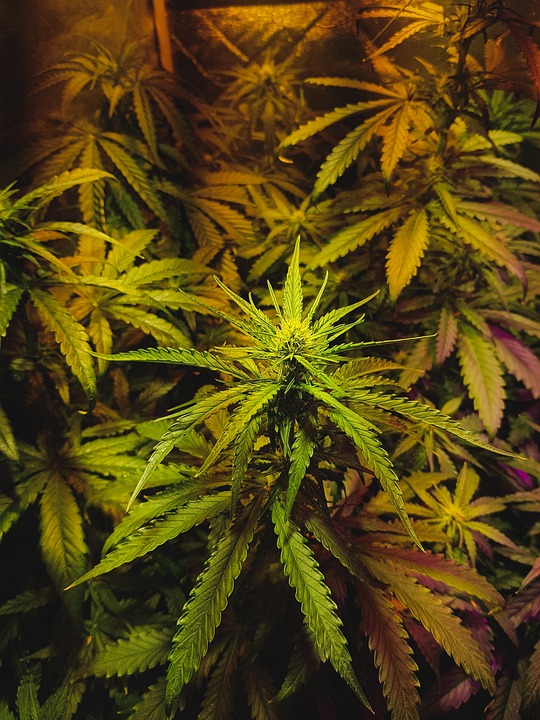The traditional image of agriculture often brings to mind vast fields of corn, soybeans, or wheat stretching across the countryside. However, a new crop is emerging as a potential game-changer in the world of farming: hemp. With its versatile uses and minimal environmental impact, hemp is revolutionizing the way we think about agriculture. In this article, we will explore how growing hemp is changing the face of agriculture and why it has the potential to be a sustainable solution for the future.
The Benefits of Growing Hemp
There are many reasons why growing hemp is gaining popularity among farmers and environmentalists alike. Here are a few of the key benefits:
1. Sustainable
Hemp is a highly sustainable crop that requires minimal water, pesticides, and fertilizers to grow. It also has a short growing cycle of just 3-4 months, making it an efficient and environmentally friendly option for farmers.
2. Versatile
Hemp can be used for a wide range of products, including textiles, paper, biofuel, and even food. This versatility makes it a lucrative crop for farmers, as they can sell hemp to various industries for different uses.
3. Soil Regeneration
Hemp has deep roots that help to break up compacted soil and improve soil structure. This can help prevent erosion and reduce the need for chemical fertilizers, leading to healthier soil and better crop yields over time.
The Impact of Hemp on Agriculture
As more farmers begin to grow hemp, the impact on agriculture and the environment is becoming increasingly clear. Here are a few ways in which hemp is changing the face of agriculture:
1. Diversification
Growing hemp allows farmers to diversify their crops and reduce their reliance on traditional commodities like corn and soybeans. This can help them weather market fluctuations and improve their overall profitability.
2. Environmental Benefits
Because hemp requires fewer inputs and has a lower environmental impact than many other crops, its widespread cultivation can help reduce greenhouse gas emissions, conserve water, and protect biodiversity.
3. Economic Opportunities
Hemp offers farmers new economic opportunities, as demand for hemp products continues to grow. By growing hemp, farmers can tap into a rapidly expanding market and potentially increase their income.
Conclusion
Overall, the growing popularity of hemp as a crop is changing the face of agriculture in significant ways. Its sustainability, versatility, and environmental benefits make it an attractive option for farmers looking to improve their practices and contribute to a more sustainable future. As we continue to learn more about the potential of hemp, it is clear that it has the power to revolutionize the way we think about agriculture and pave the way for a greener, more sustainable future.
FAQs
Q: Is growing hemp legal?
A: In many countries, including the United States, hemp cultivation is legal as long as it meets certain regulations regarding THC content. It’s important for farmers to check their local laws and regulations before growing hemp.
Q: What are some common uses for hemp?
A: Hemp can be used to make textiles, paper, biofuel, food products, building materials, and more. Its versatility makes it a valuable crop for a wide range of industries.
Q: How does hemp compare to other crops in terms of profitability?
A: While the profitability of growing hemp can vary depending on market conditions and other factors, many farmers find that it offers a competitive return on investment compared to traditional crops like corn and soybeans.

